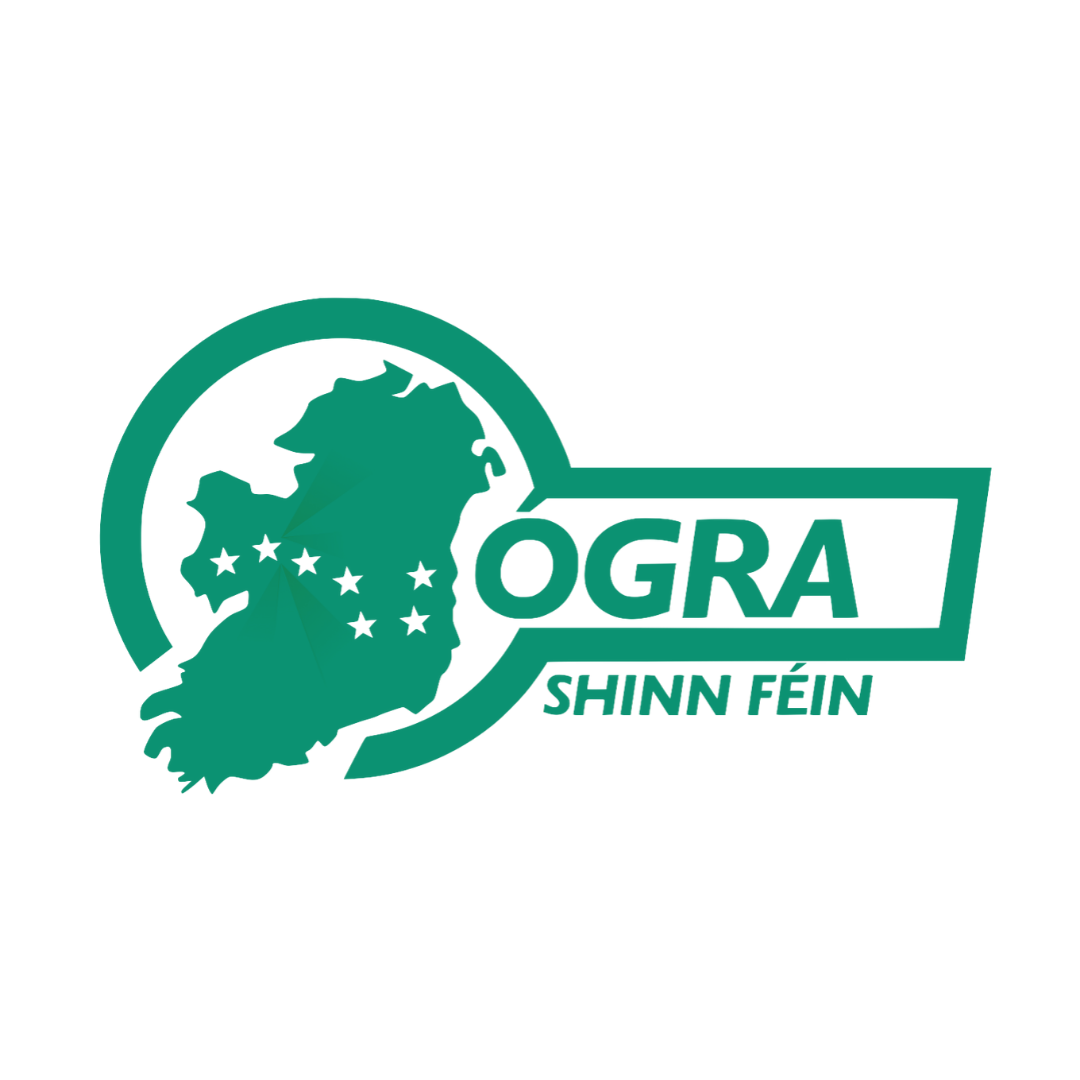Language and Colonialism
The importance of keeping the Irish language alive and thriving has always been a vital and necessary key in the Irish struggle for freedom and being proactively against the British imperialism of Ireland. In the past few centuries, alongside the growth of the British empire, came the growth of the English language throughout the world. This has resulted in a long lasting loss of culture in many areas and in many countries and regions, alongside of our own. A loss of culture has a devastating impact in traditions, education, and the general running of society.
The rise in social inequality brought on by globalisation is fuelled by this phenomena. The majority of the time in disadvantaged areas, English acquired in public schools as a second language does not result in a competency level sufficient for relying on the language for employment, study, or daily life. This is often times necessary to create a new life for an individual, or to get a job to provide for their family. Access to private language programs, international summer exchange programs, and international schools is expensive and reserved for a wealthy minority. This form of globalisation appears to exclusively help the wealthy, as is typical.
Indigenous languages with rich cultural legacies and histories frequently go by the wayside as English emerges as the new global standard for large-scale commerce, innovation, and research. For instance, a Western economic and political system and international trade harm Puerto Rico's small enterprises and regional customs. “Colonialism has destroyed the working culture of the most poor sectors of our population and created a culture of dependence.” asserts Rafael Trelles of the Puerto Rican Independentista Party. People spend more time and money learning and improving their grasp of English than they do preserving their own traditions and culture.
A linguistic hierarchy was created as a result of colonisation, with the language of the coloniser being inscribed as the most prestigious language and eventually taking control of each colony's governmental and mercantile organisation. These actions had a significant effect on the regional language environment. African languages, for example, were, at best, given auxiliary status and were firmly placed at the bottom of the language hierarchy. This effectively stopped nearly all of Africa's languages from functionally developing. In contrast, learning the language of the coloniser became essential for anybody who wanted to develop socially and take part in the colony's public life. People with higher social standing in particular quickly began to prefer the colonial language and avoid the indigenous tongues. The more higher educated people chose to raise their children in colonial language rather than African languages.
For the survival and continuation of our own language, culture, and heritage, we must look at and implement innovative ways, big and small, to grow and support the daily speaking of Gaeilge. This could be as simple as having equal status of languages on our road signs (i.e. same font and size as the anglicised version) or taking the well needed starting jump of making all primary schools Gaelscoileanna. As Pádraig Pearse declared, “tír gan teanga, tír gan anam”.
Le Alyssa Ní Bhroin
